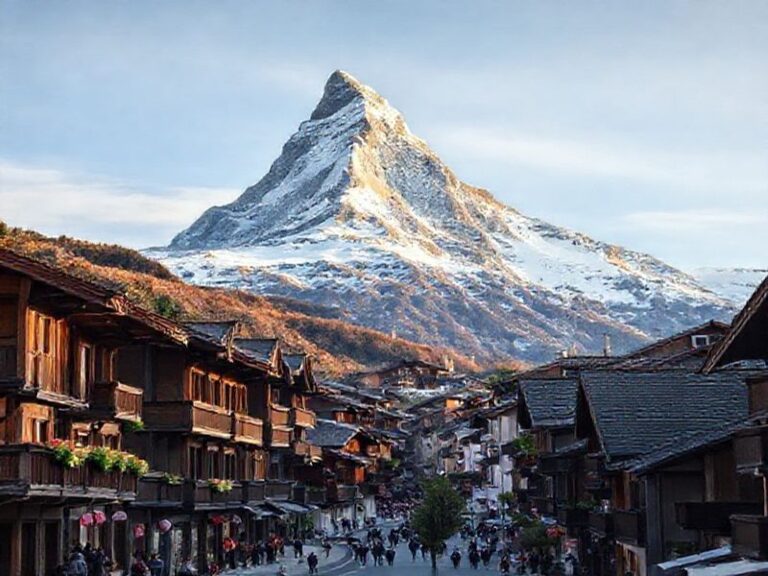Pipeline Punch-Up: How North Dakota vs. Tennessee Became the World’s Accidental Climate Reality Show
North Dakota vs. Tennessee: How a Pair of Overlooked U.S. States Accidentally Became a Global Parable
DATELINE – Everywhere Else
Somewhere between the soy-sauce scented boardrooms of Tokyo and the espresso-stained think-tanks of Brussels, international observers are waking up to the newest geopolitical cliff-hanger: North Dakota versus Tennessee. Yes, the same two states most foreigners politely file under “fly-over, possibly fictional.” Yet here we are, watching a slow-motion arm-wrestle over energy policy, cultural identity, and the right to define what “real America” looks like—because apparently the rest of the planet needed one more existential subplot.
The ostensible spark is a proposed federal rule on carbon capture pipelines, which North Dakota wants buried like a Scandinavian horror film extra and Tennessee wants piped straight to the Gulf like a fraternity prank. But peel back the rhetoric and you find two micro-civilizations auditioning for the role of “model province” in the 21st-century energy transition. In other words, the world’s climate negotiators are Googling Fargo strip-mall menus while hedge-fund analysts in Singapore price in the odds that Chattanooga will become the next Rotterdam. Spoiler: the odds are terrible, but the PowerPoint decks are magnificent.
From Berlin, the spectacle feels quaint. Germans—who once carved a nation in half over pipeline routes—now watch Americans argue about the same steel tubes with the solemnity of teenagers debating prom themes. Meanwhile, Nigerian oil traders shrug; they’ve seen pipelines explode for breakfast. Japanese engineers politely note both states lack the seismic paranoia necessary to build anything that doesn’t wobble during karaoke. And the Australians? They’re just relieved someone else is arguing about coal for once.
The macro takeaway is deliciously ironic: the planet’s richest federation is outsourcing its existential decisions to states whose combined population is smaller than greater Jakarta on a slow Tuesday. If that sounds unfair, remember fairness went out the window around the same time we started naming heatwaves like hurricanes. North Dakota offers cheap land and a governor who speaks fluent “small-government apocalypse.” Tennessee counters with country music, whiskey subsidies, and an Amazon fulfillment center the size of Liechtenstein. Pick your dystopia, world markets.
Climate diplomats, ever allergic to subtlety, have labeled the quarrel “the Prairie-Appalachia Paradigm.” Translation: whichever state screws up less becomes the template for every developing country trying to leapfrog from kerosene to renewables without triggering a coup. Ghanaian ministers now cite Bismarck zoning hearings; Vietnamese planners stream Nashville mayoral debates for comic relief. The global South has learned that when America experiments on itself, the rest of us inherit either the patent or the medical bill.
Investors, never late to a tragedy, smell yield. Swiss pension funds have quietly bought up abandoned North Dakota missile silos—repurposed as “data mausoleums”—while Korean shipbuilders sketch floating LNG terminals for Memphis riverfront real estate that may or may not exist in 30 years. The only sure winner so far is Canada, which simply raised the price of maple syrup and called it a carbon tariff. Ottawa’s consultants are billing by the pun.
Back in the states themselves, citizens display the cheery fatalism of people who’ve read the last page of the book and decided to enjoy the illustrations. Fargo breweries release limited-edition “Pipeline Punch” IPA; Nashville songwriters pen ballads about methane leaks that somehow rhyme with “heartbreak.” If the rest of the world is watching with popcorn, locals are at least providing artisanal butter.
Conclusion: In the grand carnival of global governance, the North Dakota–Tennessee spat is less a main-stage act than the sideshow mirror that makes everyone look both ridiculous and prophetic. It proves, once again, that when great powers subcontract their future to regional subplots, the audience learns more about the empire’s fraying seams than any policy paper could confess. The takeaway for international readers? Place your bets, cue the banjo, and keep a passport handy—because whether the pipeline goes left or right, the fallout will arrive in your inbox before the press conference ends. In the meantime, enjoy the show; admission is free, but the exit fee is still being negotiated.







